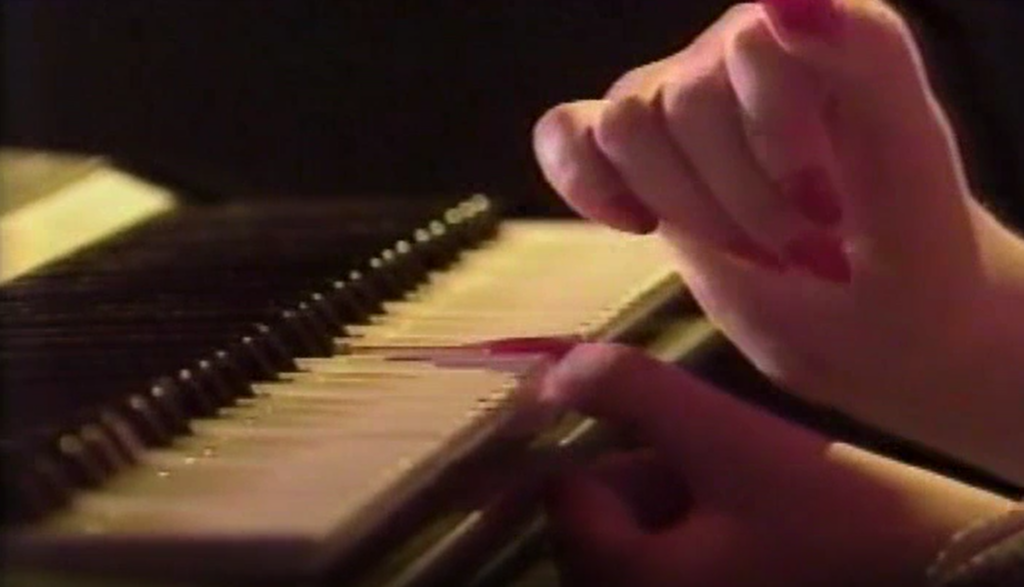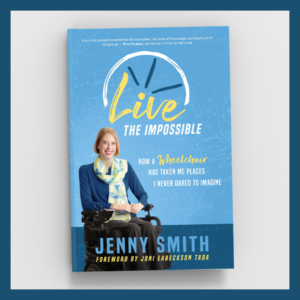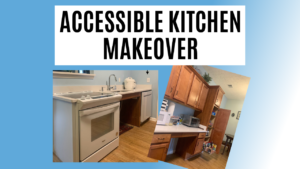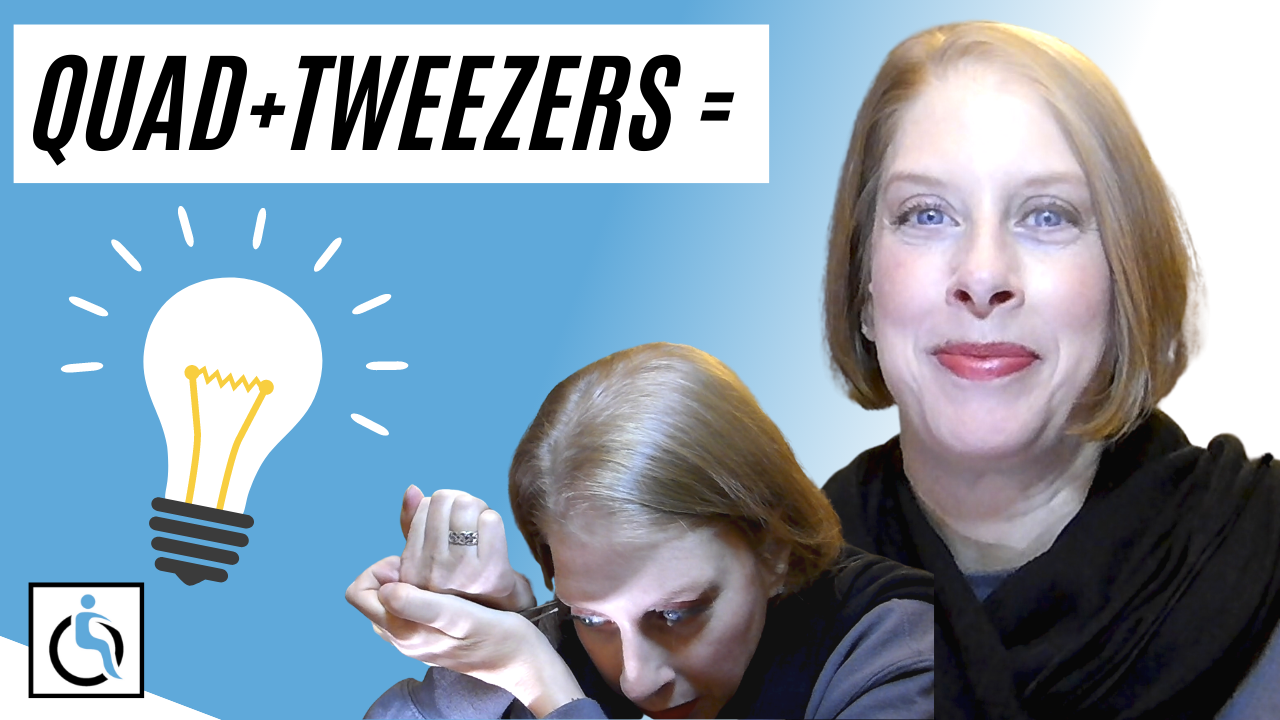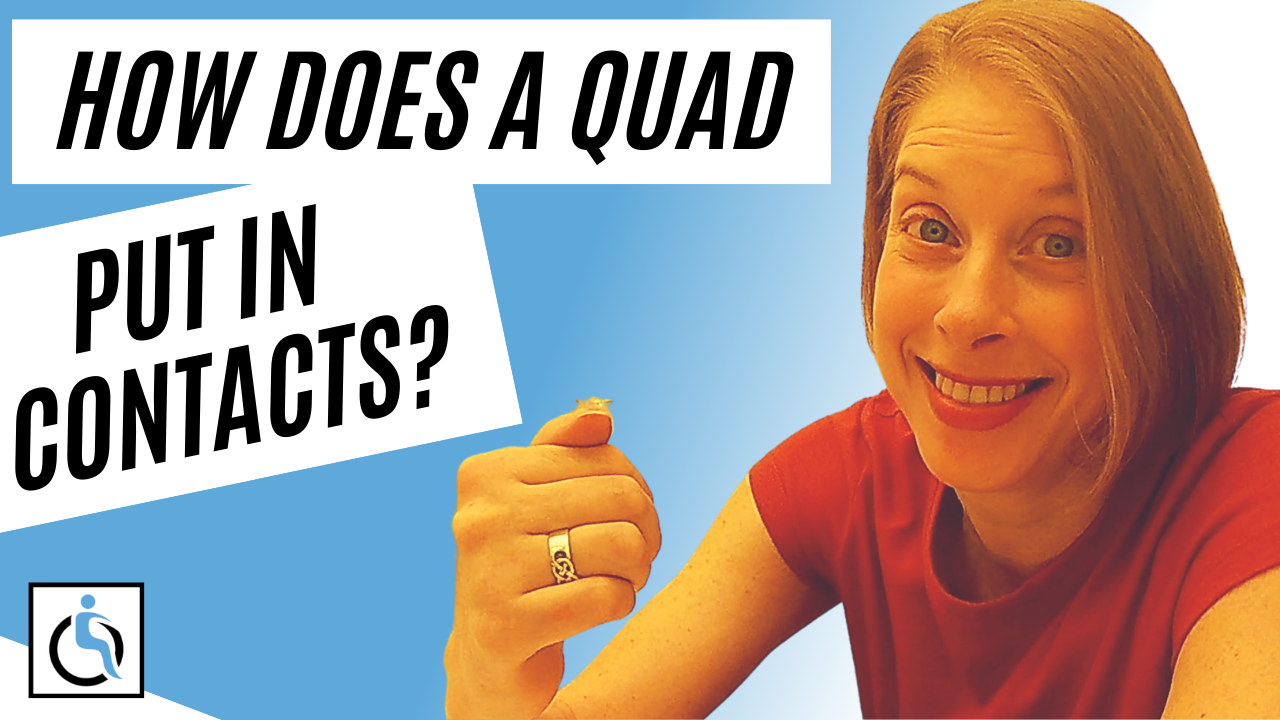Grief was the last thing on my mind. It had simply been a long day. Physically, emotionally, and mentally I was drained. Life with a spinal cord injury can do that to a person. Although I’d been listening to an audio book to unwind, even that felt too taxing on my brain. So I decided to decompress by listening to classical music.
But what happened next took me by surprise.
I found a classical music station on Pandora, and Moonlight Sonata hummed through the speakers. My body and mind relaxed as I got ready for bed.
Each note of the song was familiar. Hauntingly familiar. Even after 30 years, I could feel each finger touch the keys of an invisible piano.
My eyes welled up with tears. The loss of playing piano rushed over me in a wave of unexpected grief.
How it all began
I have a picture of me sitting at our upright Kimball piano at age 2. No, I was no prodigy. My parents had simply posed me for a picture. But when I was about 6 years old, our next-door neighbor Cheri began giving me piano lessons.
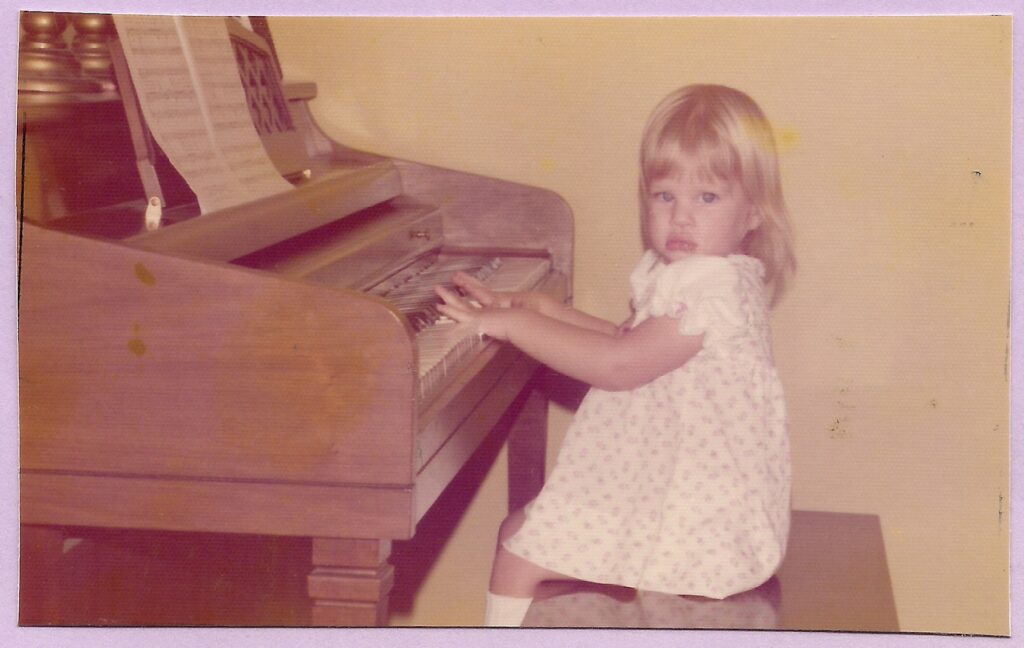
As I progressed in gymnastics, my time for piano lessons disappeared. My love of music, however, did not go away. I continued to practice piano for the next eight years and attempted to improve my skills on my own. It wasn’t until my freshman year of high school that I started formal lessons again.
I was never a great pianist. But I played during church services and played keyboard in a rock band. (I even had the big bangs of the 1980s.)
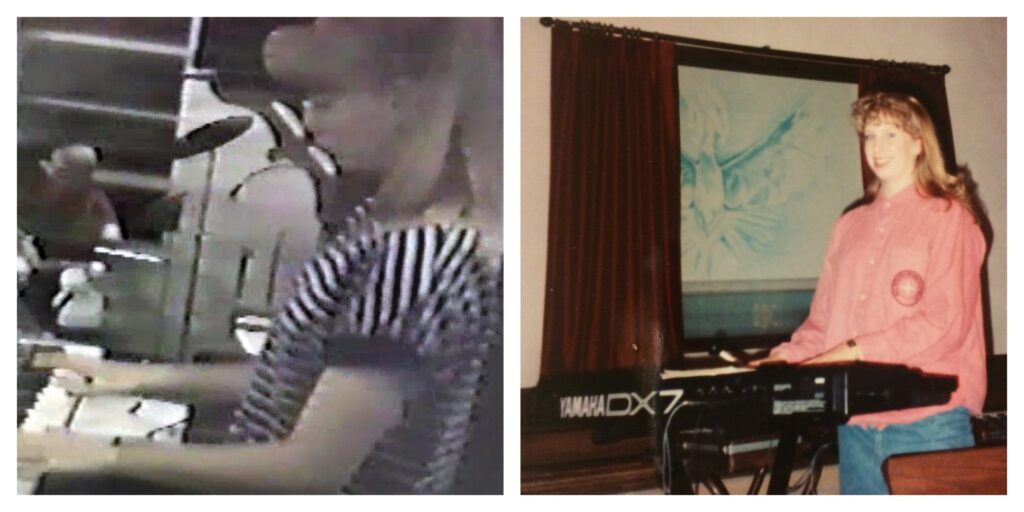
The loss of more than music
Playing the piano was one of the few ways I could express myself when I was younger. Words didn’t work. Music freed my soul and emotions.
Losing the outlet of music after my spinal cord injury was as painful as the loss of identity, independence, self-image and my athletic abilities.
My emotions were trapped inside me with no place to go. Anger. Sadness. Joy. Each of these feelings could be communicated through music. But after my injury I had no way to release the feelings of loss and frustration. During those first few years, I’d often lash out at those closest to me, not understanding why – and I despised myself for it.
Learning to grieve after spinal cord injury
Thankfully, with time, I’ve learned other ways to express what I’m feeling. I’ve learned how to talk with safe friends. I’ll journal or watch a sappy movie and have a good cry. And physical activity is still a go-to for de-stressing or blowing off steam: rowing, tennis, erging, rugby, and lifting weights.
But to this day, I desperately miss playing piano.
The tears that came while I listened to the music that night weren’t all from sadness or loss. It was a release – like when I watch that sappy movie. I’m grateful that music can have such a physical and emotional impact on me even now.
My lifeless fingers may no longer move across a piano. However, my head, heart, and body still need music.
